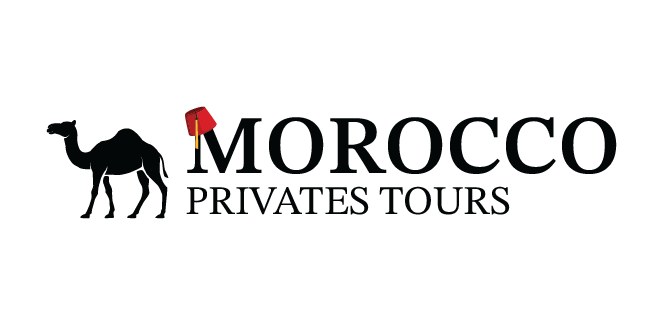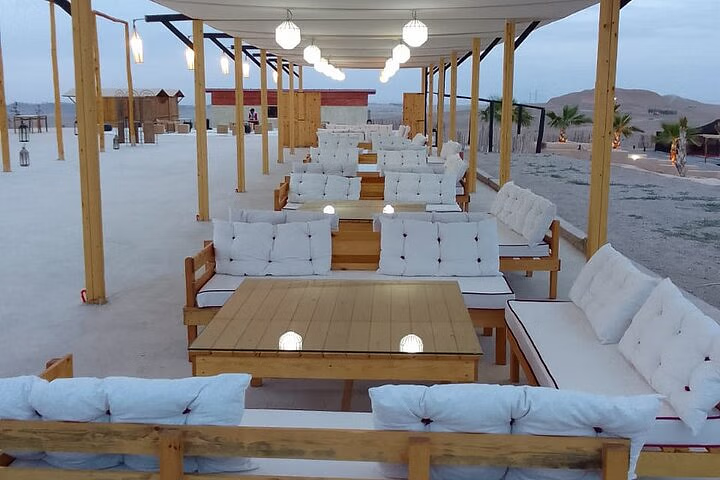Whether you’re planning to study abroad, relocate for work, or simply explore Morocco for the first time, visiting a new country can feel overwhelming. But don’t worry—these practical tips will make your travel to Morocco smooth, safe, and memorable.
🏨 Hotel Info: Always Keep the Address Handy
You’ll likely stay in a riad, guesthouse, or hotel when you first arrive. Always take a business card or ask for the address written in Arabic and French. That way, if you get lost in the medina (especially in cities like Marrakech or Fès), you can show it to a local or a taxi driver and easily find your way back.
🛂 Passport Validity: Know the 6-Month Rule
Many travelers don’t realize Morocco requires your passport to be valid for at least 6 months beyond your entry date. Renew your passport early if it’s getting close to expiration—it’s not worth the risk of being denied at the border.
💳 Credit Cards & Exchange
While cash (dirhams) is king in Morocco’s souks and taxis, many restaurants and hotels accept credit cards—but always check first. To avoid foreign transaction fees, use a card with no international charges. You can also withdraw dirhams from ATMs, which often offer better exchange rates than airport kiosks.
🚨 Notify Your Bank
Before arriving in Morocco, inform your bank and credit card providers about your travel dates to avoid fraud blocks. Otherwise, your card might get declined when you need it most.
💳 Chip & PIN Cards Are Standard
Most Moroccan shops and ATMs use chip and PIN technology. If your card only has a magnetic strip, consider upgrading. And always have a small amount of cash with you for local purchases—many places don’t accept cards at all.
💊 Bring Key Medications
Pharmacies are common in Moroccan cities, but not always open late. Pack essentials like painkillers, allergy meds, prescriptions, hand sanitizer, sunscreen, and travel stomach remedies. And yes—don’t forget an eye mask and earplugs, especially if staying near lively markets or mosques with early morning calls to prayer.
🛂 Embassy & Travel Alerts
Bookmark and print the location and contact info of your country’s embassy or consulate in Morocco. You can also check your local government’s travel advisory site for updates specific to Morocco.
🔌 Power Adapters
Morocco uses Type C and E plugs (the same as most of Europe) and runs on 220V. Pack a universal adapter with USB ports for multiple devices. It’s also smart to bring an extra charger or power bank—especially if you’re traveling between cities.
📶 Mobile Data & Roaming
Disable data roaming before you land. The best move? Buy a local Moroccan SIM card (like from Orange, Maroc Telecom, or Inwi) at the airport or city shops. For long-term stays, a prepaid plan with data is both cheap and reliable.
Final Word 🧳
Traveling to Morocco is a life-changing experience filled with beauty, culture, and warm hospitality. With a little preparation, you’ll feel confident navigating this amazing country—from the blue streets of Chefchaouen to the golden dunes of Merzouga.



0 Comment